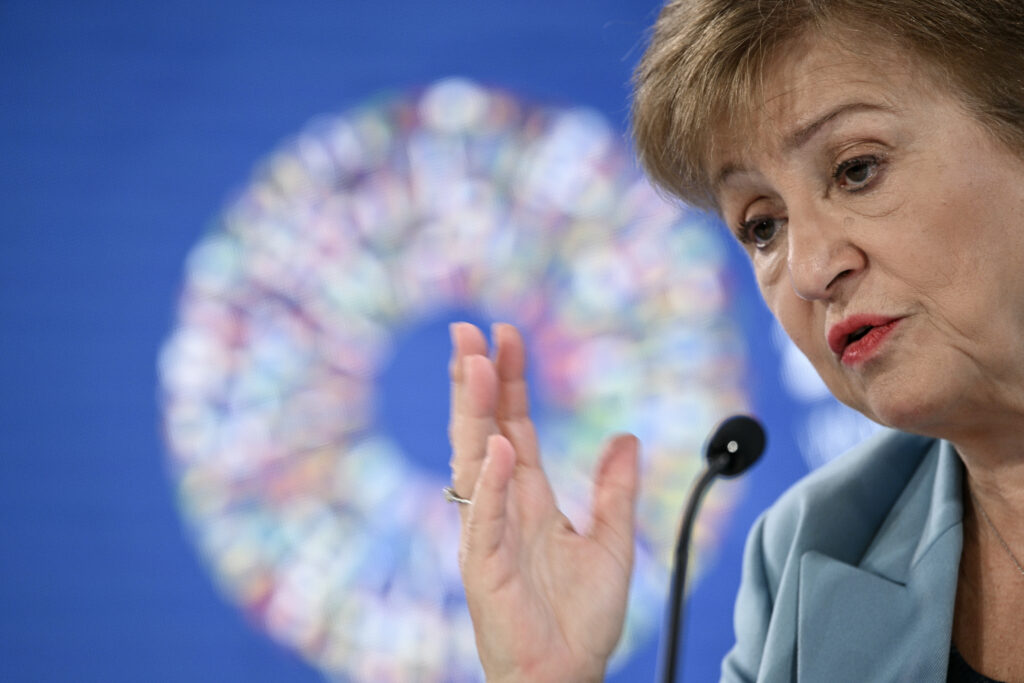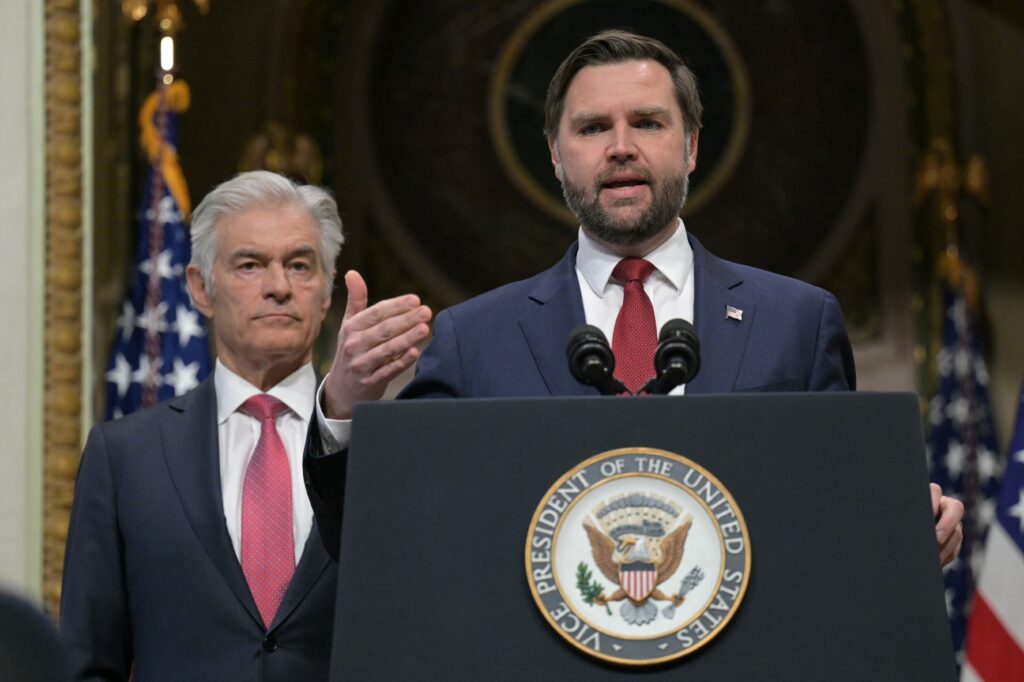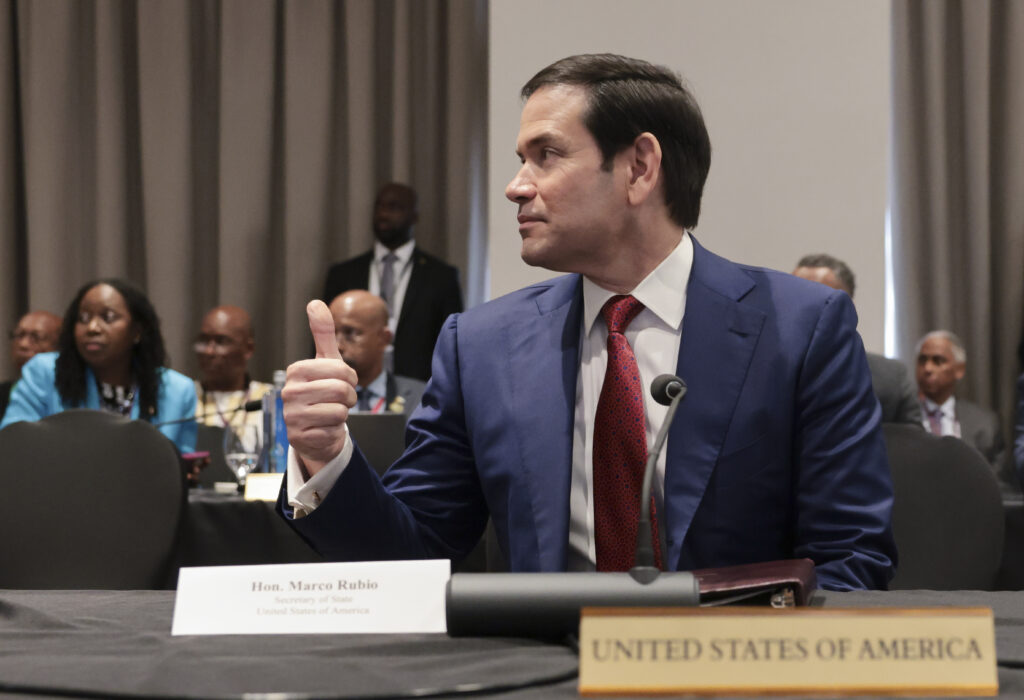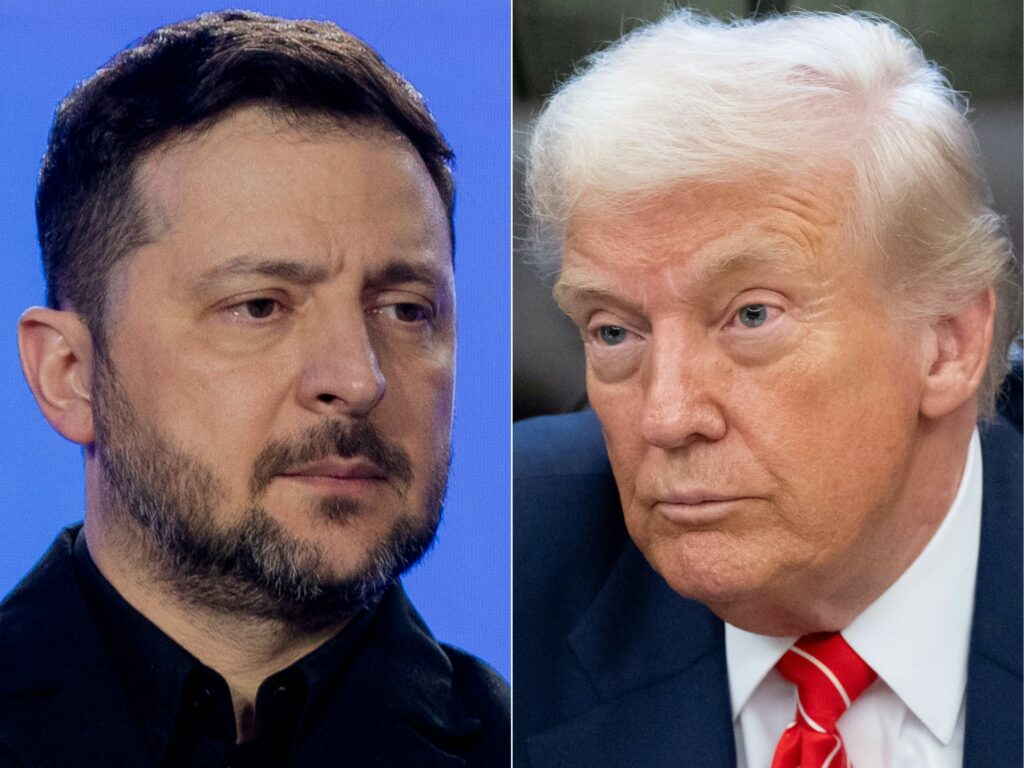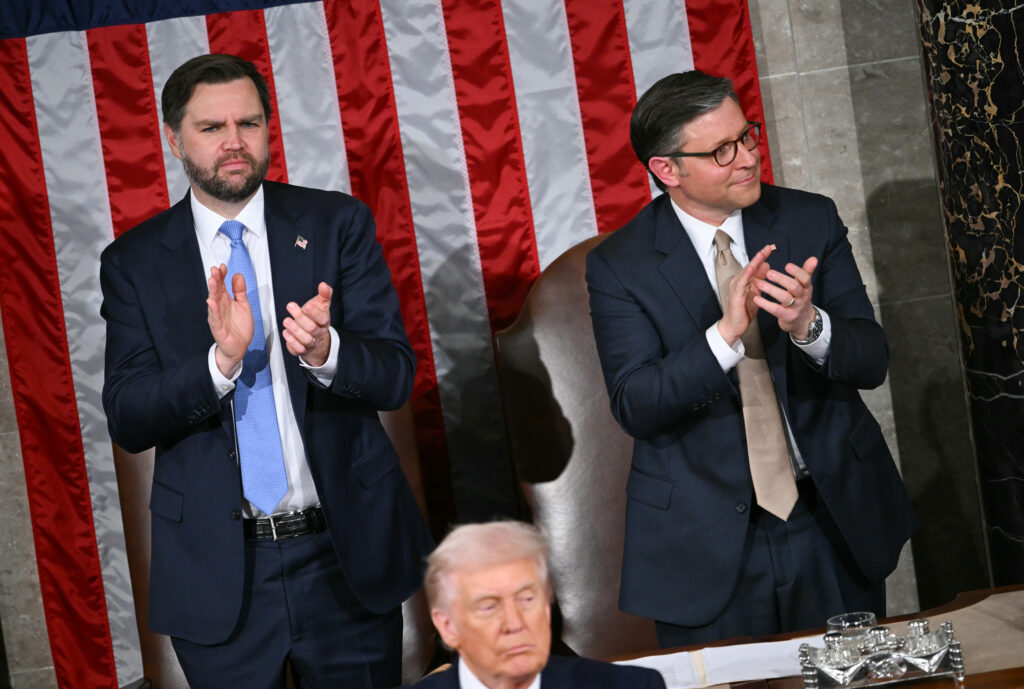IMF urges US to work with partners to ease trade restrictions
The IMF on Wednesday called on the United States to work with trading partners and find ways to mutually ease trade curbs, as it issued a review of the world’s biggest economy.The International Monetary Fund’s findings covered the first year of Donald Trump’s second presidency, in which he unleashed wide-ranging tariffs on allies and competitors alike as he sought to shrink the US trade deficit and boost domestic manufacturing.But his on-again, off-again tariffs have roiled supply chains and financial markets.During the year, the Trump administration also sought to lower reliance on unauthorized immigrant workers and reduce the federal government’s role in the economy, the IMF noted.But the fund said Wednesday that Washington should work constructively with partners “to address concerns over unfair trade practices and agree on a coordinated reduction in trade restrictions and industrial policy distortions that have negative cross-border effects.””Where trade and investment measures (including tariffs and export controls) are put in place for national security reasons, such policies should be applied narrowly,” it urged.IMF chief Kristalina Georgieva told journalists that the report was prepared before the Supreme Court struck down many of Trump’s tariffs last Friday, adding that it would digest this development.Since the ruling, Trump has tapped a different law to impose a new 10-percent global tariff, which he also threatened to hike to 15 percent.Georgieva met with Treasury Secretary Scott Bessent and Federal Reserve Chair Jerome Powell before the report’s release.She noted that the fund shares the Trump administration’s concern about the size of the US trade and current account deficit. She added that the country’s current account gap is “too big.”- ‘Stability risk’ -The continuing rise in public debt also “remains a major issue” to keep in mind, Georgieva said.The IMF said that “while the risk of sovereign stress in the US is low, the upward path for the public debt-GDP ratio and increasing levels of short-term debt-GDP represent a growing stability risk to the US and global economy.”Overall, the fund projects US GDP growth to come in at 2.6 percent in 2026, picking up from 2.2 percent last year.While the economy is “buoyant,” the IMF warned that “uncertainty around trade policies could represent a larger-than- expected drag on activity.”It noted in the concluding statement of its “Article IV” consultation that the country saw “continued strong productivity growth even though the government shutdown took a bite out of activity in the fourth quarter.”The IMF last issued US-related policy suggestions in 2024.At that time, it raised concern over growing trade restrictions under then-president Joe Biden’s administration, urging officials to unwind obstacles to free trade.The fund in 2024 also pushed for a reversal in the rise in public debt, noting that officials could raise taxes among other reforms.
